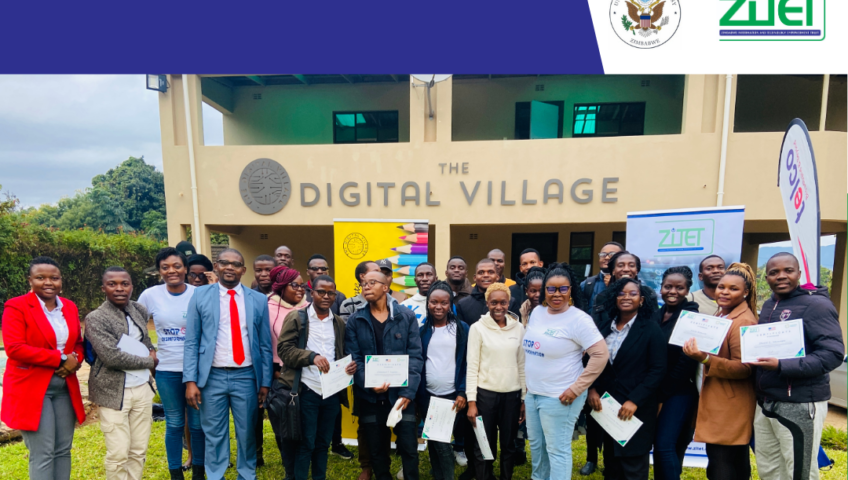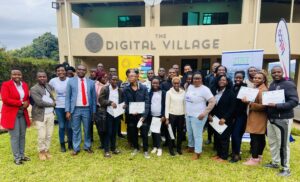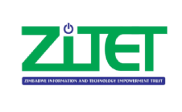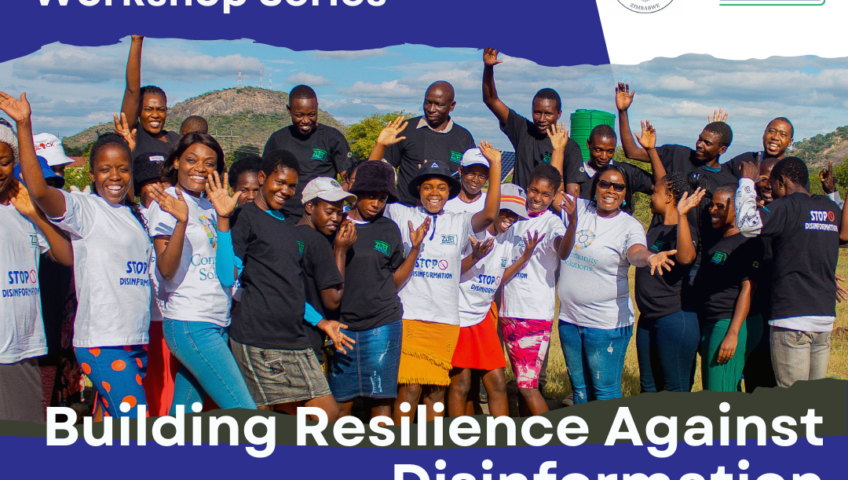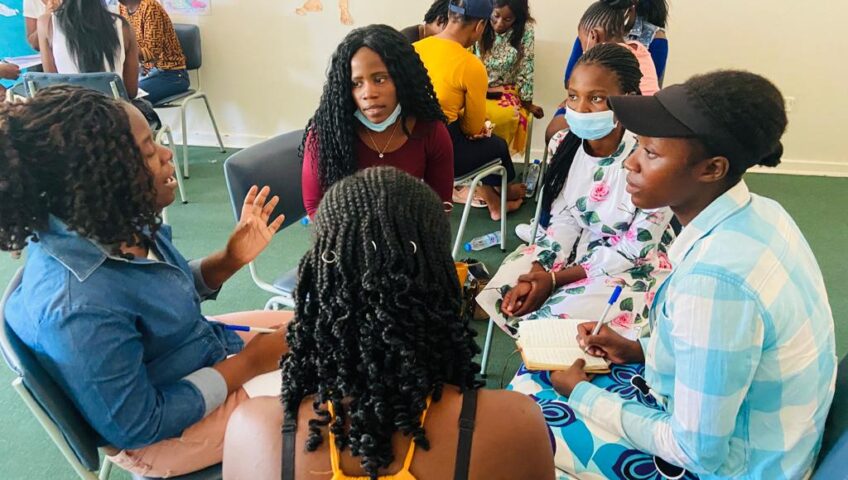We join the Government of Zimbabwe and the rest of the world in commemorating the International Women’s Month. This year’s commemoration is under the theme: “Invest in women, accelerate progress”. This is a call to action to invest in programmes that accelerate economic growth and create more equitable opportunities for women.
The Convention on the Elimination of All Forms of Discrimination against Women (CEDAW) calls State parties ..to ‘ have access to agricultural credit and loans, marketing facilities, appropriate technology and equal treatment in land and agrarian reform as well as in land resettlement schemes’. This call emphasises technology as central in women’s empowerment programmes as it presents opportunities for
- Access to Education: Technology enables women to access educational resources and opportunities regardless of their geographical location. Online courses, e-learning platforms, and educational apps make learning more accessible and flexible for women, allowing them to acquire new skills and knowledge.
- Healthcare Services: Telemedicine and mobile health applications provide women with access to healthcare services, especially in remote areas where healthcare facilities are scarce.
- Economic Empowerment: Technology facilitates women’s participation in the workforce by providing access to remote work opportunities, freelance platforms, and entrepreneurship resources. Technology can be leveraged in the agriculture value chain where women can predict weather patterns,
- Financial Inclusion: Mobile banking and digital financial services empower women by giving them access to formal banking services, savings accounts, loans, and insurance products.
- Gender Equality Advocacy: Technology platforms and social media provide women with a voice to advocate for gender equality, raise awareness about women’s issues, and mobilise support for women’s rights movements and advocacy,
- Safety and Security: Mobile applications and wearable devices designed for personal safety and security provide women with tools to protect themselves from violence, harassment, and other threats. These technologies offer features such as emergency alerts, GPS tracking, and real-time communication with trusted contacts, enhancing women’s safety both in public and private spaces.
- Community Engagements and Support Networks: Online platforms and social networks create virtual communities where women can connect with peers, mentors, and support groups.
Despite the considerable benefits that technological advancements offer, there remains a glaring lack of targeted investments aimed at enabling women to fully harness these advantages. It is imperative to prioritise investments in comprehensive capacity-building programmes tailored to enhance women’s digital skills, bolster infrastructure and equipment accessibility, and fortify administrative and legislative frameworks that guarantee women equitable access to technology. By addressing these critical areas, we can empower women to capitalise the transformative potential of technology and pave the way for more inclusive sustainable development.
The Zimbabwe Information and Technology Empowerment Trust reiterates its steadfast commitment to enhancing the capacity of women through the development and execution of bespoke digital literacy initiatives. ZITET advocates for increased investments in technology, particularly in underserved communities, and for comprehensive research on digital inclusion and equity issues. We urge government ministries, departments, and agencies, along with the private sector, academia, civil society, and development partners, to join forces in investing in programmes that promote women’s access to technology. Together, we can foster a more inclusive and empowered society where women are at the forefront of technological advancement.
HAPPY WOMEN’S MONTH
